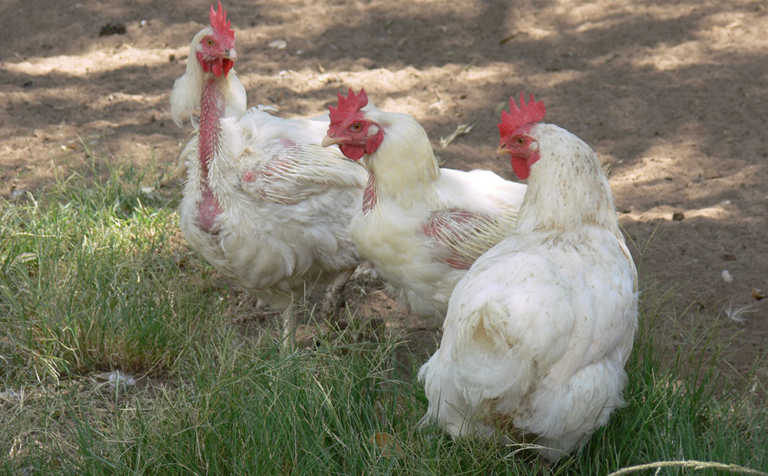
However, Dr Charlotte Nkuna, acting CEO of the South African Poultry Association (SAPA), said that SAPA’s position on the use of these vaccines largely depended on whether government would compensate producers for their losses.
READ Trends in Africa affecting agriculture
“Vaccination is one of the tools used by governments to control diseases. In countries where government policy does not, for whatever reason, include vaccination, government usually incentivises disease reporting and compliance through compensation for the resultant loss of livestock. We are hoping that government would find the required funding somewhere to do the same in South Africa,” Nkuna said.
Compensation not only helped producers get back on their feet, but was also necessary for disease control.
“Without compensation, there will be no motivation for producers to report the disease, and instead of dealing with the threat properly, some of them might take shortcuts to salvage their losses. While the situation is pretty bad now, it will be even worse if that happens,” she said.
According to Nkuna, if government did not provide compensation, producers could feel compelled to vaccinate their birds.
However, while it was relatively easy to source the vaccines, as South Africa had several animal health product suppliers, government would have to approve and provide regulations governing their use, before producers would be permitted to use them.
Should government choose not to compensate producers, Nkuna said, SAPA would push government to approve vaccine use.
While not providing complete protection against the disease, birds would be less vulnerable to the virus, which would result in fewer deaths than currently experienced.
However, one of the drawbacks of the vaccine was that it would have a negative impact on the country’s export poultry status, as many countries, including South Africa, do not permit the import of poultry from countries that utilise the vaccine, and it could take up to two to three years to recover export status.
Meanwhile, the disease pattern in other countries showed that incidences decreased as temperatures increased. As such, Nkuna hoped the outbreak would dwindle as summer temperatures increased.
“We knew the disease was heading this way when we heard it struck Uganda earlier this year, and this became an even greater reality when it struck Zimbabwe.
Next time, with the lessons learned from the current outbreak, we will be in a better position to respond to the disease, and if necessary, coordinate and monitor the vaccination of birds before the disease strikes here,” she explained.










